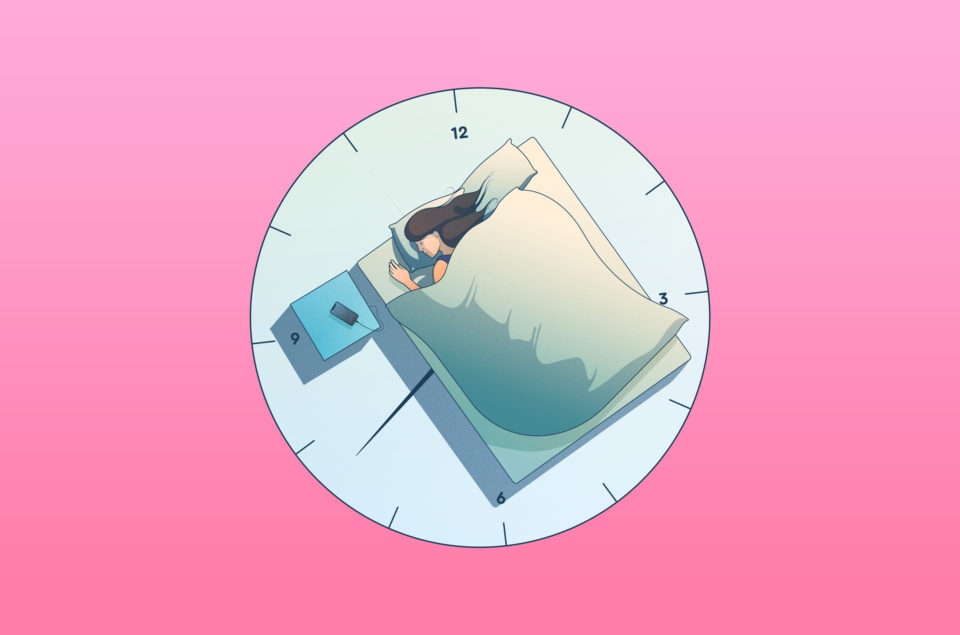
Is 7 hours of sleep enough? – Answering the top question “how much sleep do we really need?”
We spend up to one-third of our life asleep. But how much sleep do we really need and what defines this?
Sleep Deprivation Neil Clark

We spend up to one-third of our life asleep. But how much sleep do we really need and what defines this?
Sleep Deprivation Neil Clark
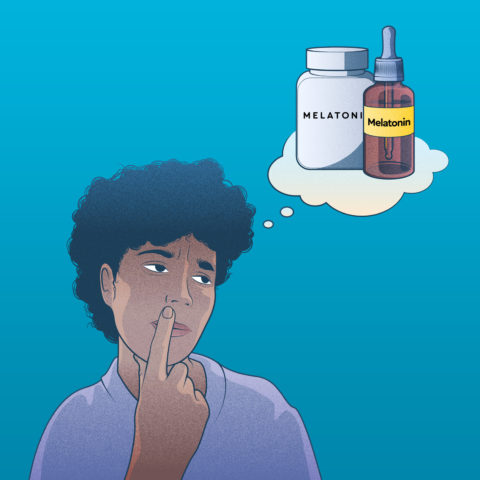
In this 2nd blog, our Head of Sleep Science, Prof Mike Gradisar, will demonstrate how melatonin can be used for an array of different issues – that are not sleep related!
Sleep Science Dr. Michael Gradisar
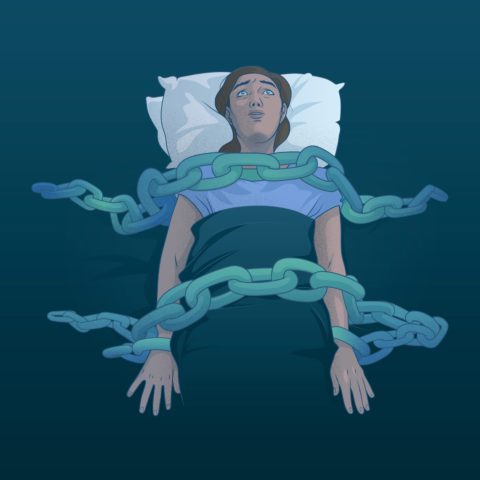
An estimated 8% of people experience sleep paralysis at some point in their life. But what does sleep paralysis really feel like and what are the risk factors?
Sleep Paralysis Monica Garcia
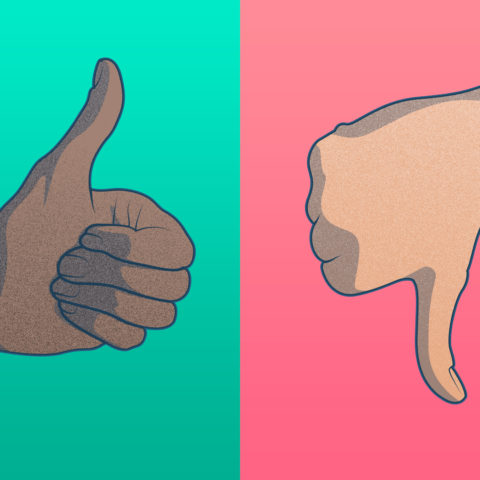
Exercising in the evening is not good for sleep whilst lack of sleep will pile on the pounds… All true or an old wives’ tale? Take our sleep quiz and get ready to bust some ingrained, but popular sleep myths!
Sleep Quizzes Monica Garcia
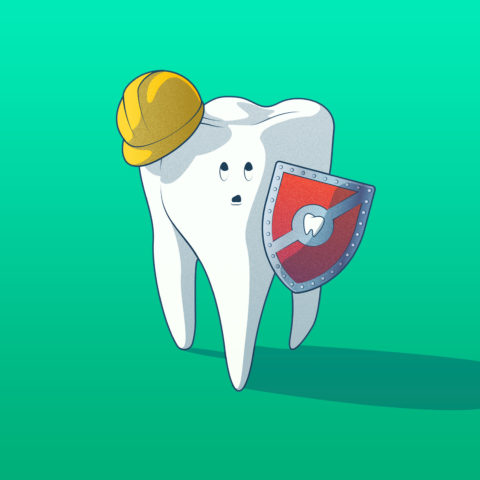
What can you do to stop grinding your teeth in your sleep? Here are 10 natural remedies you can try.
Sleep Habits and Health Sophie Bishop

French neurologist Professor Isabelle Arnulf recently discovered that her narcolepsy patients tend to become more creative than other people while sleeping. Why? They lucid dream.
How to Fall Asleep Niklas Arvidsson
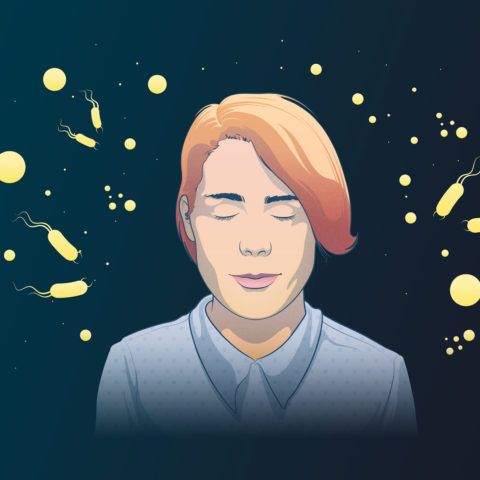
From removing waste products in our cells to creating new collagen in our skin, sleep helps keep our body fit and ready to take on another day. However, recent evidence has highlighted another area where getting a good night’s kip can benefit us greatly: our immune system.
Sleep Science Sophie Bishop
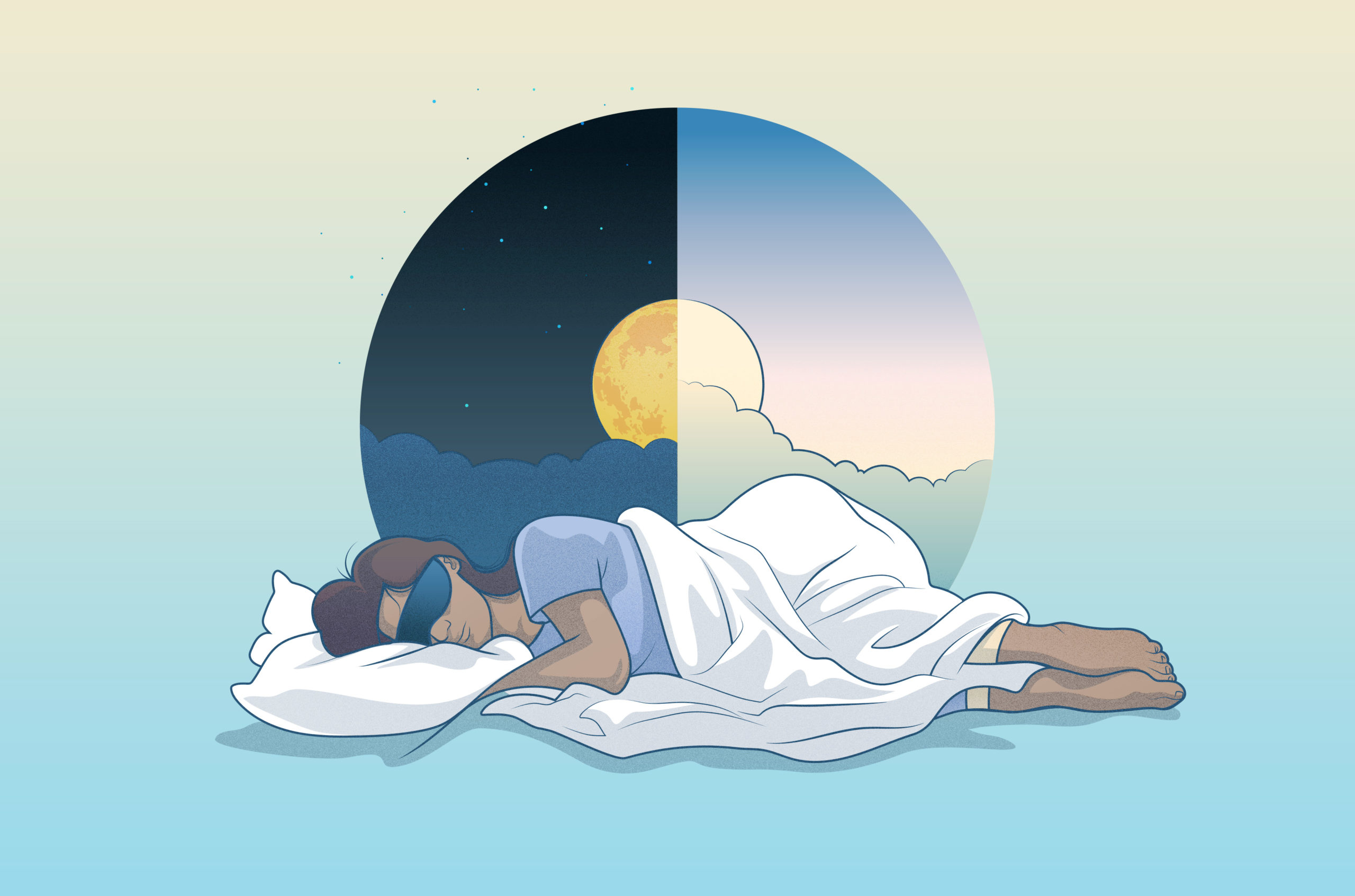
The sleep-wake cycle is regulated by the body’s internal 24-hour clock – the circadian rhythm. But spending too much time indoors may be disrupting it.
Circadian Rhythm Lina Törnquist
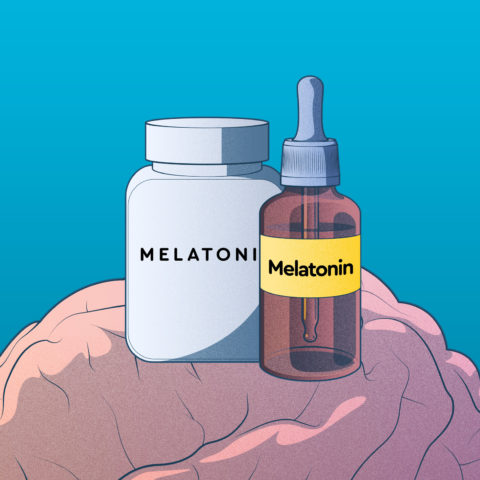
Welcome to our first blog of a four-part series on melatonin and sleep. In this series, our Head of Sleep Science, Dr. Michael Gradisar, provides some answers to a host of common questions about using melatonin for sleep. Confused by all the conflicting information on the internet about melatonin? Then, read on!
Sleep Science Dr. Michael Gradisar
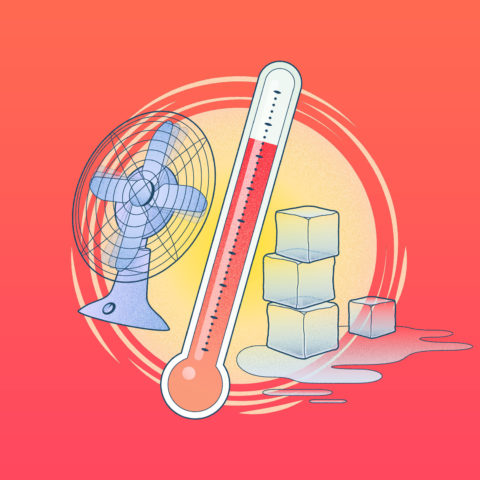
Quick fixes to make sure you keep your sleep quality high on hot nights.
How to Fall Asleep Malin Eriksson
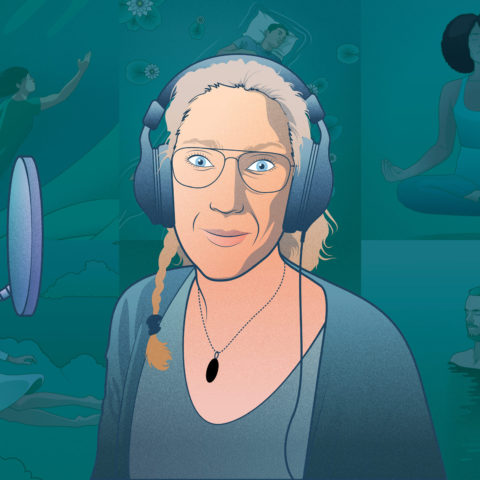
Kina Nyman is the fascinating voice behind some of our most popular guides and meditations. We join her for an afternoon to find out more about Kina and her voice work for Sleep Aid.
Sleep Stories Anju Khanna Saggi
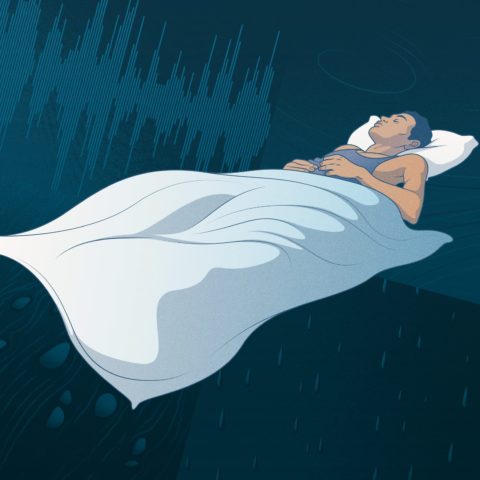
The scare of wakeful dreaming.
Sleep Paralysis Malin Eriksson

To honor the day and mark this special occasion – Sleep Cycle has gathered fresh sleep data on how the average U.S. male and female sleep. Carry on reading to find out how we snooze in the U.S.!
Sleep Reports Anju Khanna Saggi
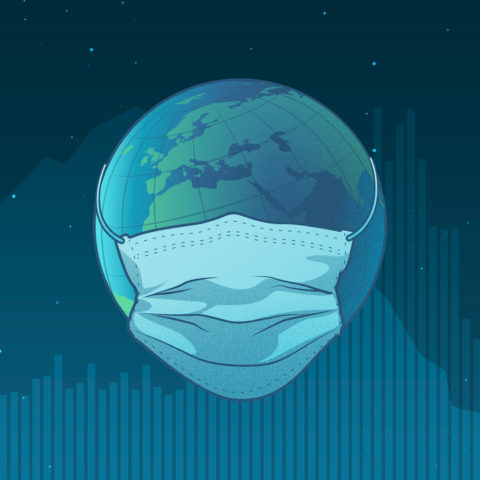
A recent study at Sleep Cycle shows how our coughing data could have contributed to an early detection of the Omicron outbreak and can be used to detect future outbreaks.
Sleep Reports Anju Khanna Saggi
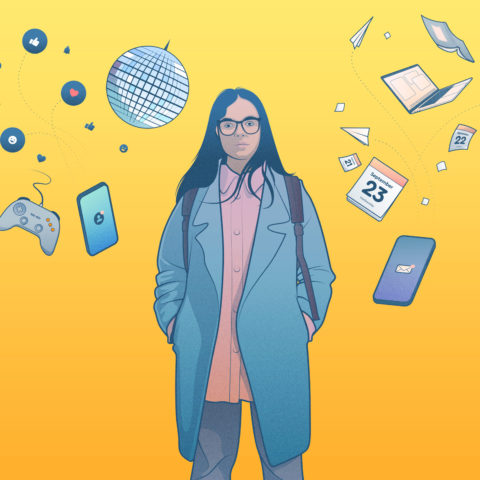
The condition you didn’t know you had.
Sleep Deprivation Neil Clark
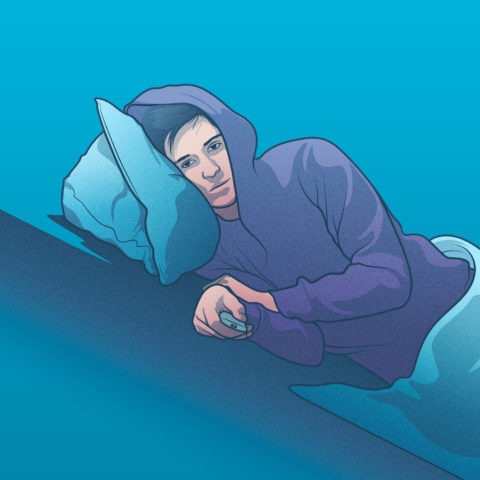
How aware are you of the condition and how much do you think you know about insomnia?
Sleep Quizzes Monica Garcia
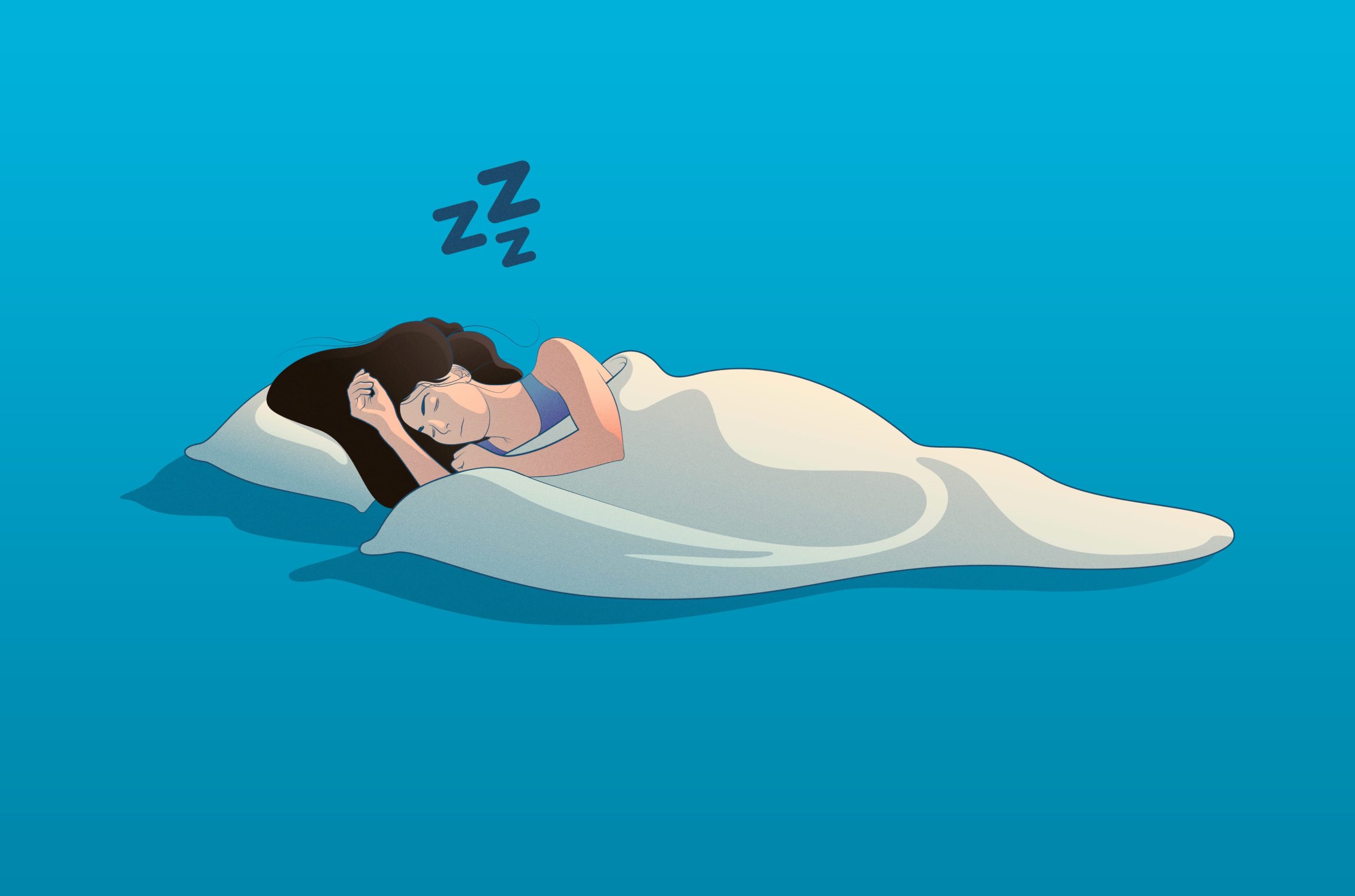
Women snore too, just as loudly as men and with the same health risks. So why is snoring among women so often overplayed and overlooked?
Snoring Franz Stewart
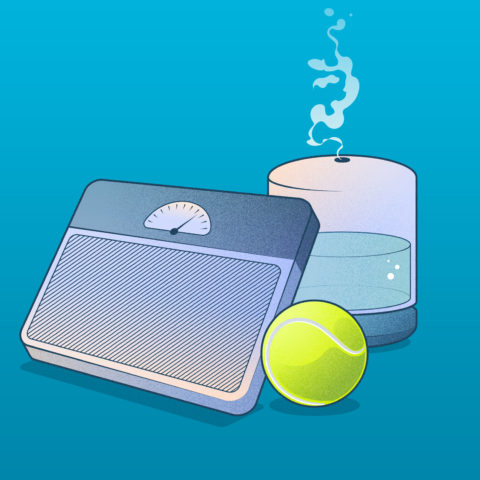
There are a couple of ways to deal with snoring. Some medical and some natural.
Snoring Toketemu Ohwovoriole

Just as important as it is to lead a company with a sleep-positive attitude, it is of utmost importance to be able to spot the signs of a sleep-deprived employee and co-worker. We guide you through the signs of sleep deprivation and the steps you can take to avoid accidents – or worse – at work, and at home.
Sleep and Performance Anju Khanna Saggi
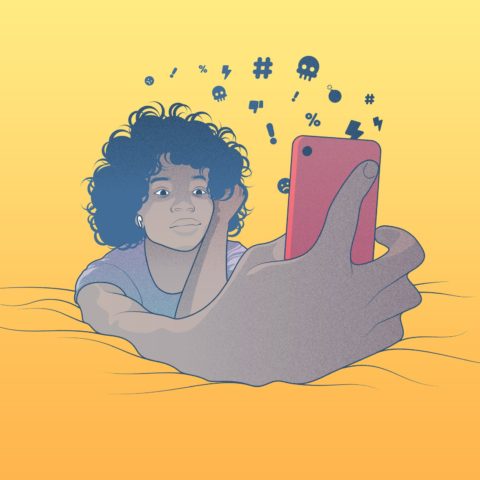
These habits can help you get better sleep and keep your circadian rhythm, sleep pressure and activation level in check.
Sleep Habits and Health Frida Rångtell

Learn how sleep apnea works, who it affects, and find out if you are in the risk zone.
Sleep Apnea Dr. Robert S. Rosenberg
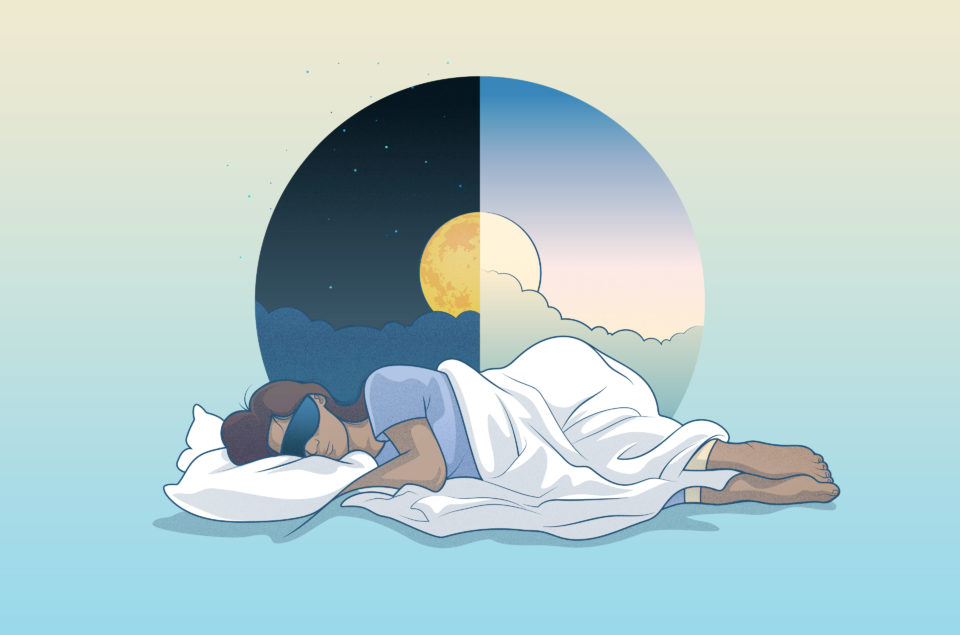
The sleep-wake cycle is regulated by the body’s internal 24-hour clock – the circadian rhythm. But spending too much time indoors may be disrupting it.
Circadian Rhythm Lina Törnquist
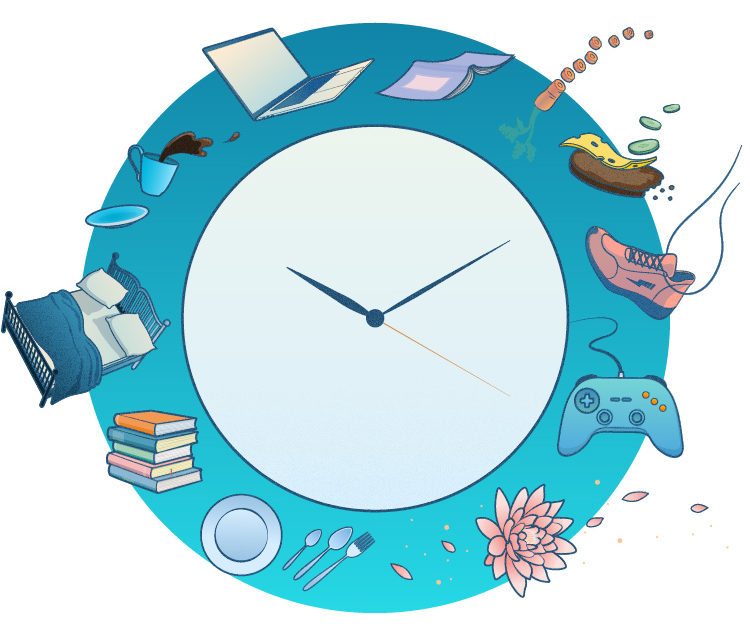
Learn how the body clock works and why it’s so important.
Circadian Rhythm Malin Eriksson
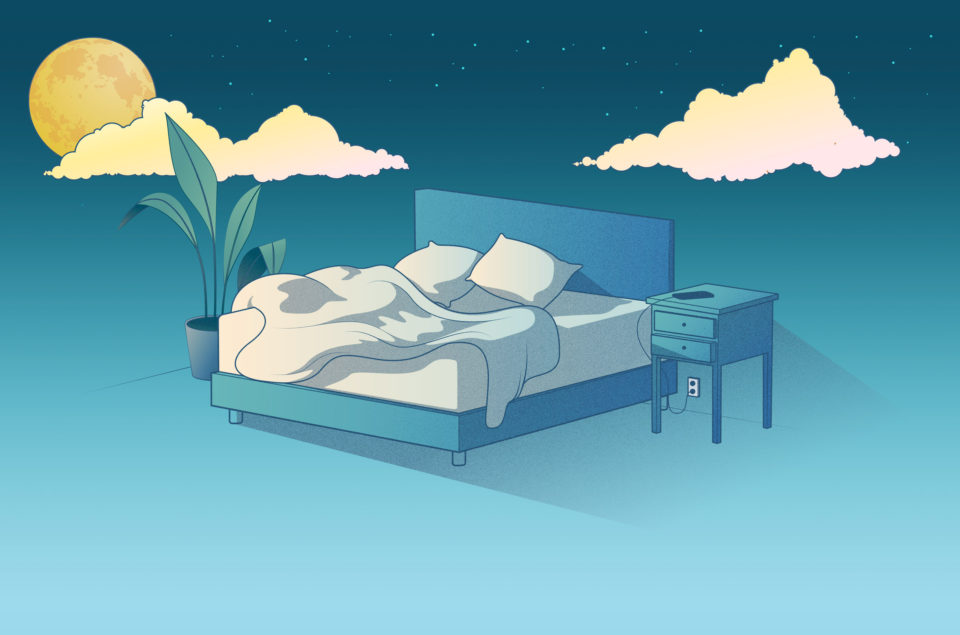
Ever wondered what sleep advice a sleep expert would give…
Sleep Science Anju Khanna Saggi
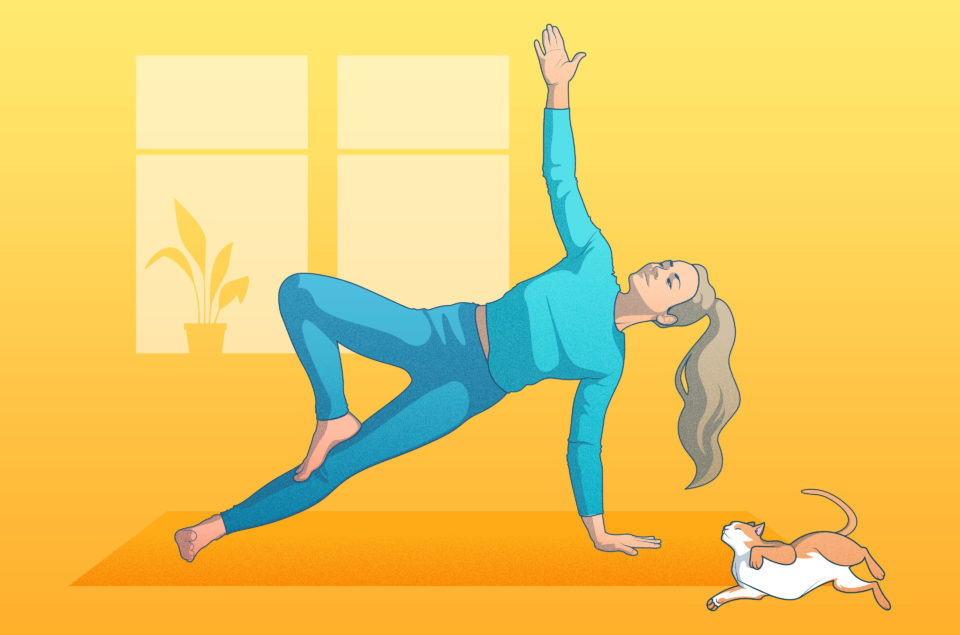
There’s never been a better time to reconnect with your body and mind for a better night’s sleep. How? Through movement.
Sleep Habits and Health Franz Stewart
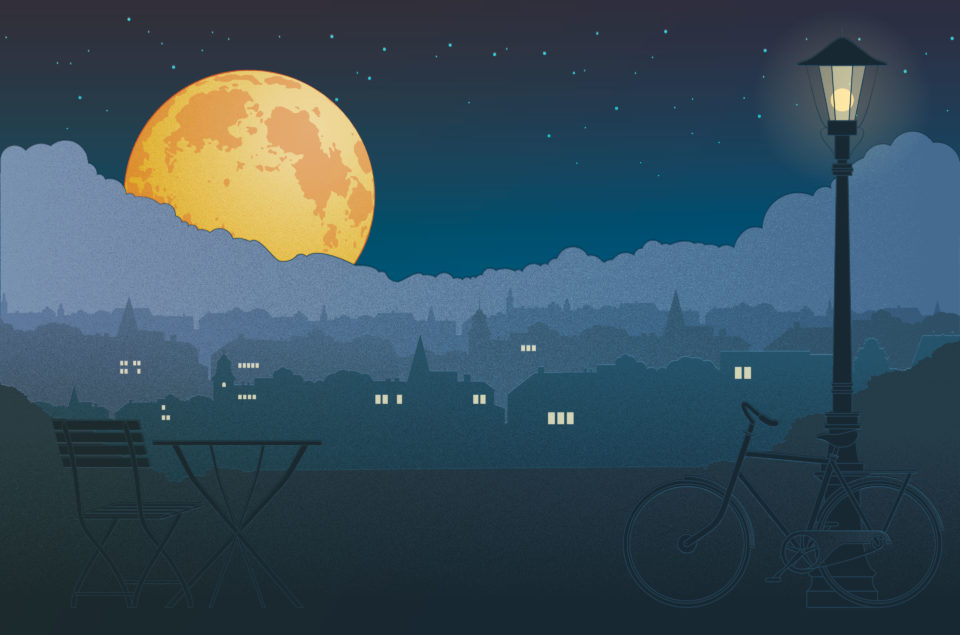
From unemployment to self-quarantine, the stress of being stuck inside can impact a good night’s sleep. Here’s what you can do to change that.
How to Fall Asleep Frida Rångtell



